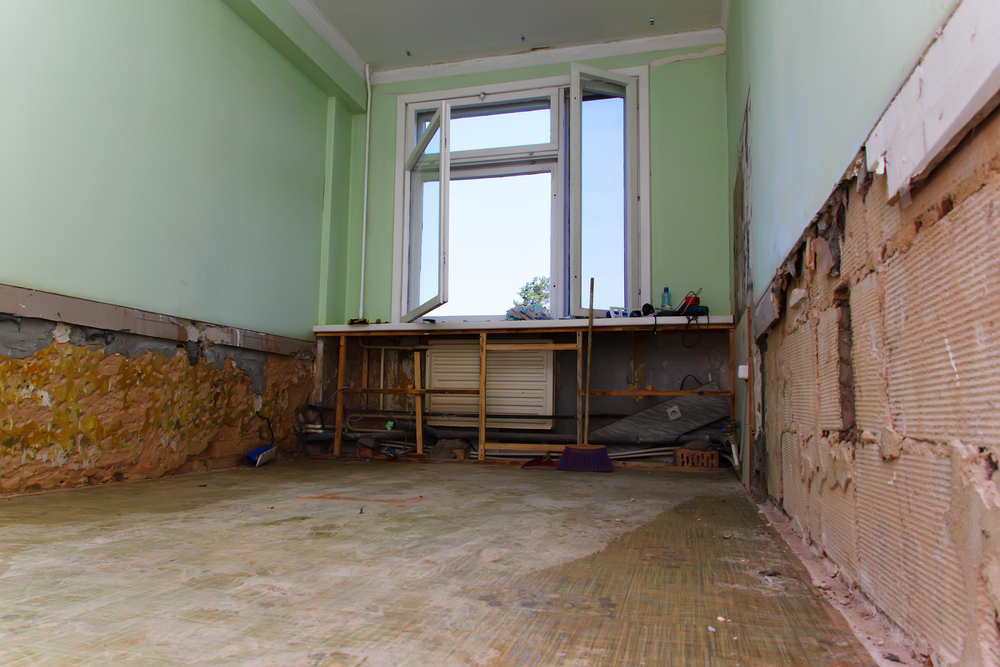How the Fitness for Human Habitation Act will impact the lettings sector
Published on 2nd April 2019 by Laura West

The FFHH (Fitness for Human Habitation) Act is set to transform the lettings sector.
It is hoped that the legislation will remove rogue agents and landlords from the industry, as well as providing improved routes, on the behalf of tenants, for the rectification of housing issues. It is also believed that the Act will not impact good landlords, who already ensure that their properties are consistently suitable for human habitation.
Within the Housing, Health and Safety Rating System (HHSRS), there are 29 listed hazard risks. Unlike this system, the obligations of FFHH does not demand that a detailed risk assessment is completed by the local authority. Therefore, the landlord or agent of the qualifying property is required to make sure that the home is suitable for occupation, relating to nine matters, which are: facilities for cooking and storage of food and the disposal of waste water, sanitary and drainage conveniences, water supply, ventilation, natural lighting, internal arrangement, freedom from damp, stability and repair.
These points also cover if the property is in poor condition, the building is unstable and serious issues with damp. Not enough natural light, a hazardous layout and inadequate ventilation will also lead to non-compliance with FFHH.
It is also vital to always act with due diligence, where good property management can ensure that there are no recurring issues. This is where efficient property management software can make sure that you remain compliant with the law when faced with such complex rules and regulations.
Smoke detectors remain an issue for letting agents. According to the 2015 Smoke and Carbon Monoxide Alarm Regulations in England, an agent is required to provide proof that the home has had smoke detectors installed on each floor, and that they have been tested and are working. Some agents fail to include this due to bad management, which would make the home non-compliant.
This is one area where property management software can help alert agents to any exclusions in their checks. Warnings can be put in place which flag any error in inspection, and an agent can evaluate the status of each dwelling. Once the habitation issue or repair has been identified, the software can ensure that the issue has been rectified, and photographic evidence can also be added with date and time stamped photos. This is key, as if an agent reports issues and maintenance work, how can they prove that this work was conducted to satisfactory standards and that the tenants are content?
Software can provide proof for the agent that the works were carried out, and provides them with protection.
FFHH standards apply to the beginning of a tenancy, and remain in place throughout the complete term. Due to the new legislation, one opportunity for agents to charge fees to landlords would be during the renewal of a tenancy, with letting agents conducting FFHH checks during the midterm property inspection. At this time, agents could also carry out Section 13 rent increases in line with the rising rent prices across the country. This also helps landlords cover their operating costs. Other checks could include a property audit, which would ensure that they are compliant with Section 21, as well as the tenant fee ban and forthcoming deposit legislation.
Property Deck enables professionals across the industry to manage people, properties and processes – all in one place, totally free. Even being GDPR ready, as well as offering an impressive number of other features and benefits – what have you got to lose? It’s the CRM for Property Managers and Agents.
Sign up here today.

